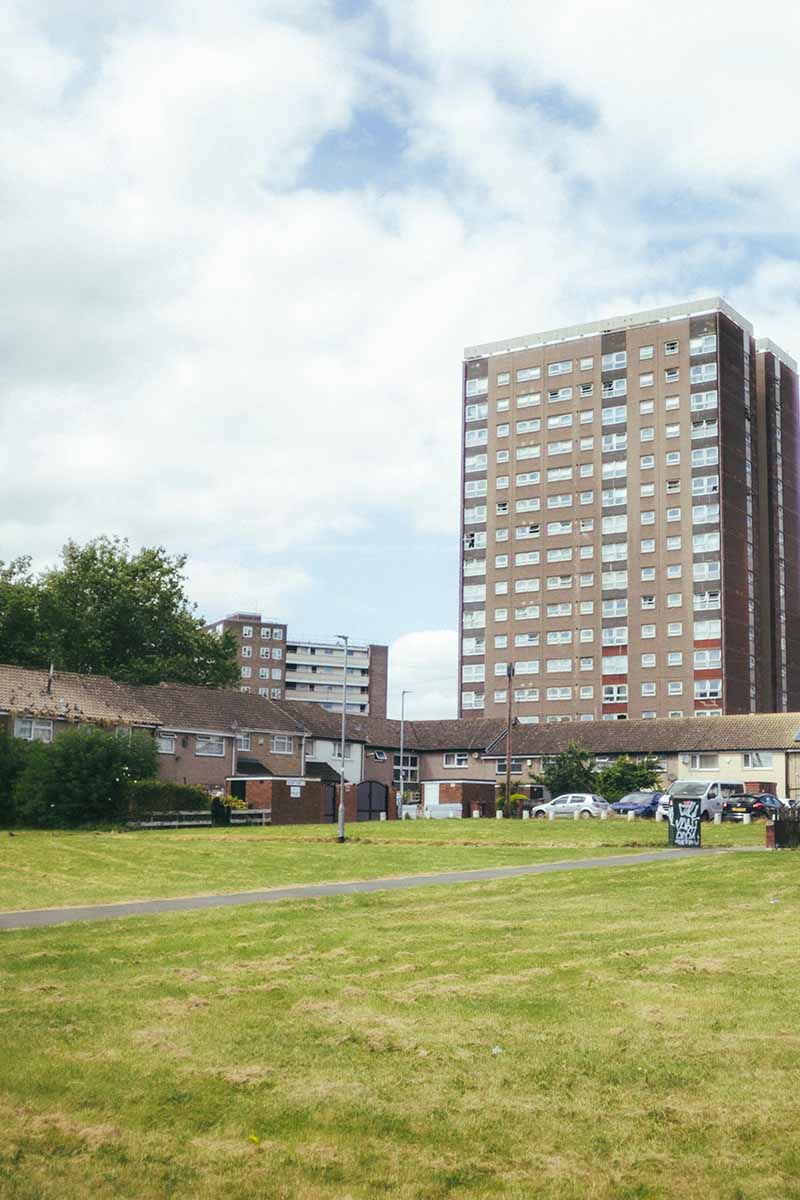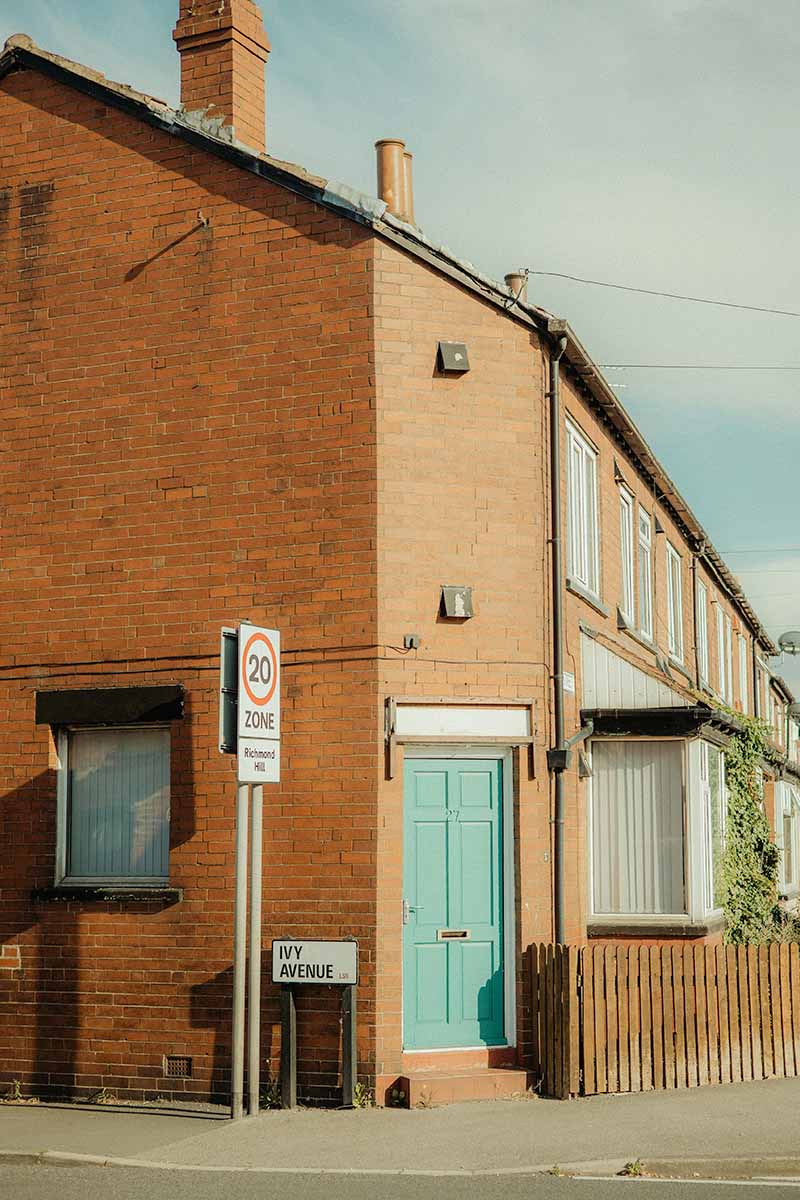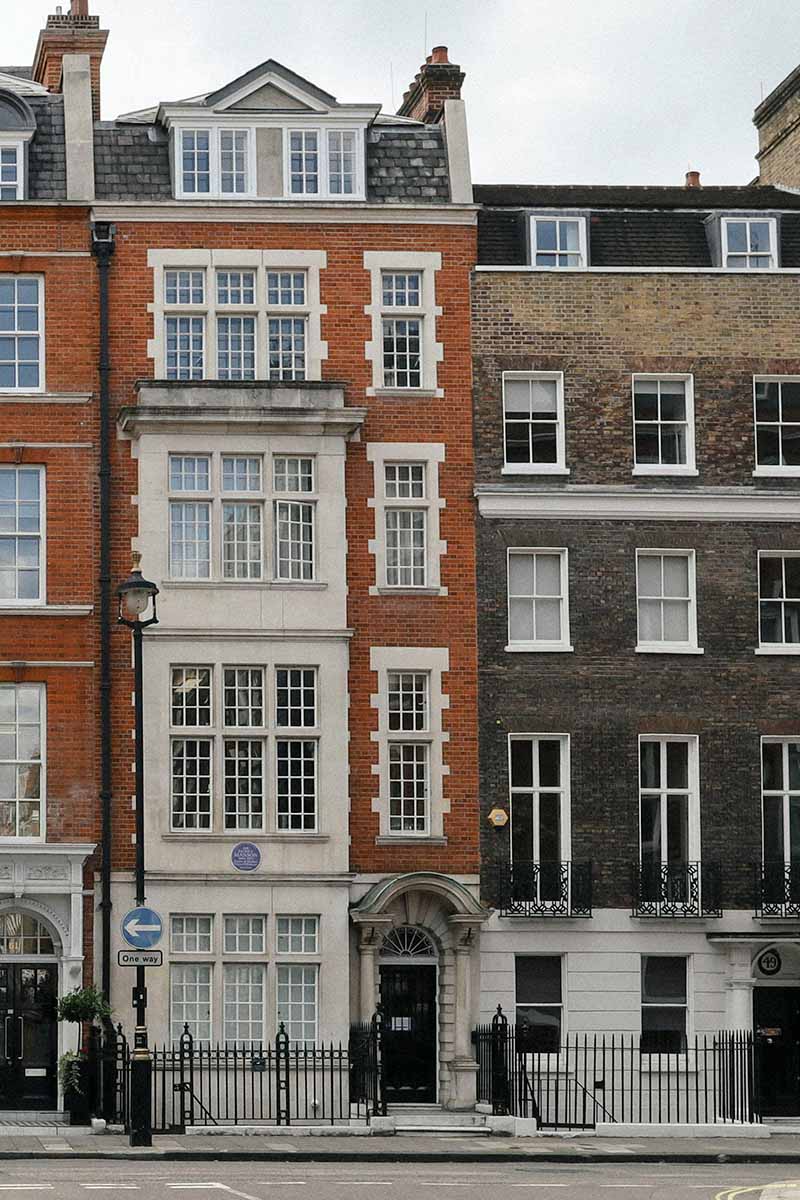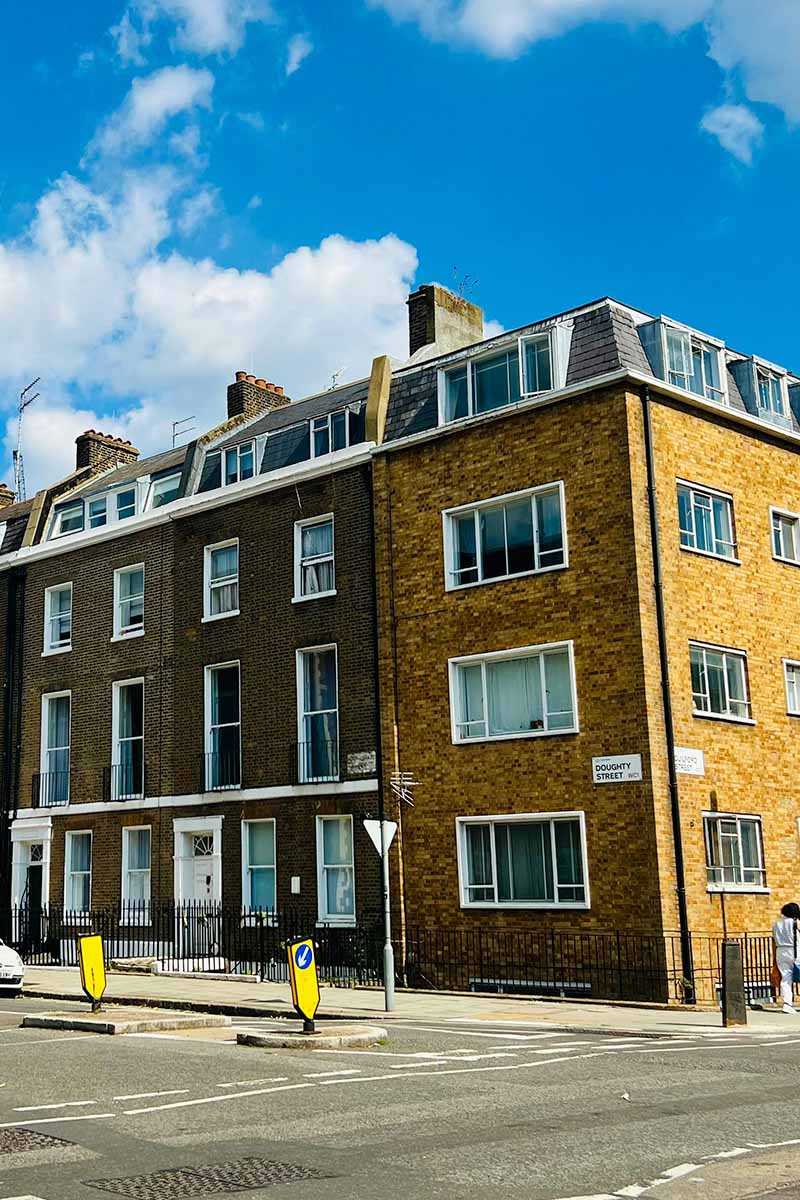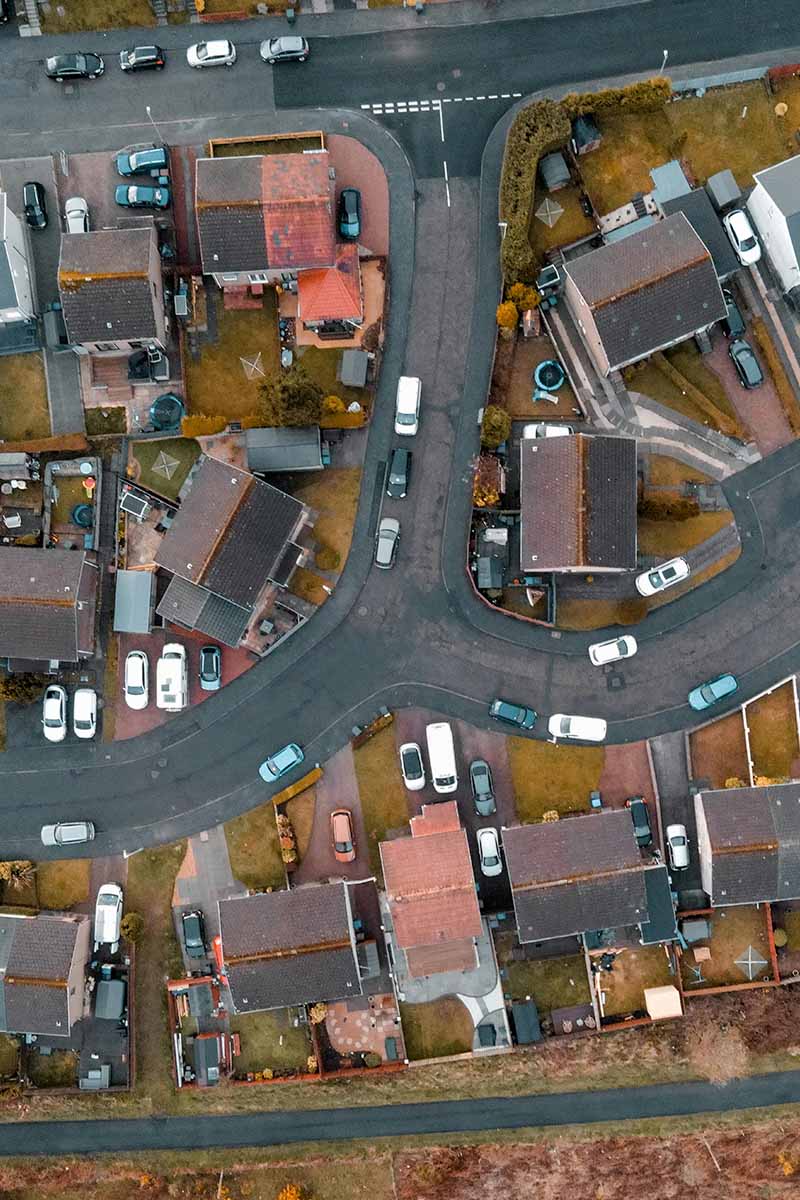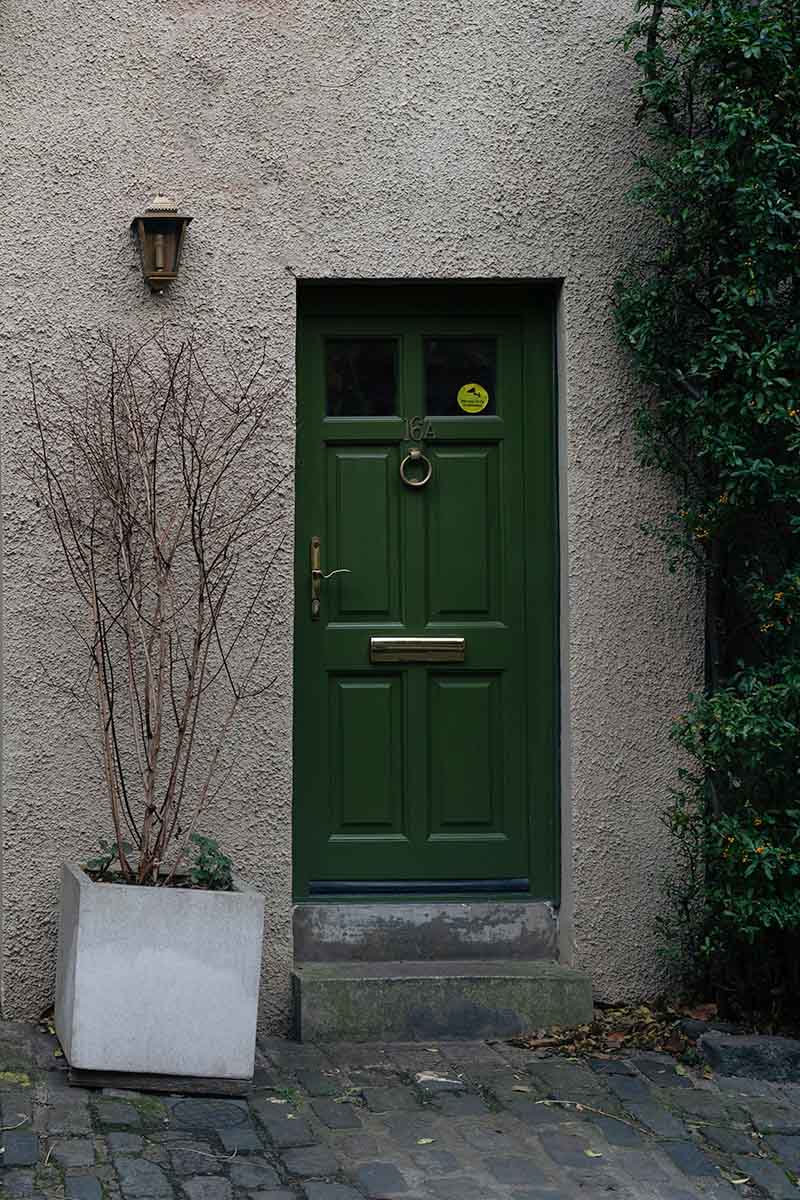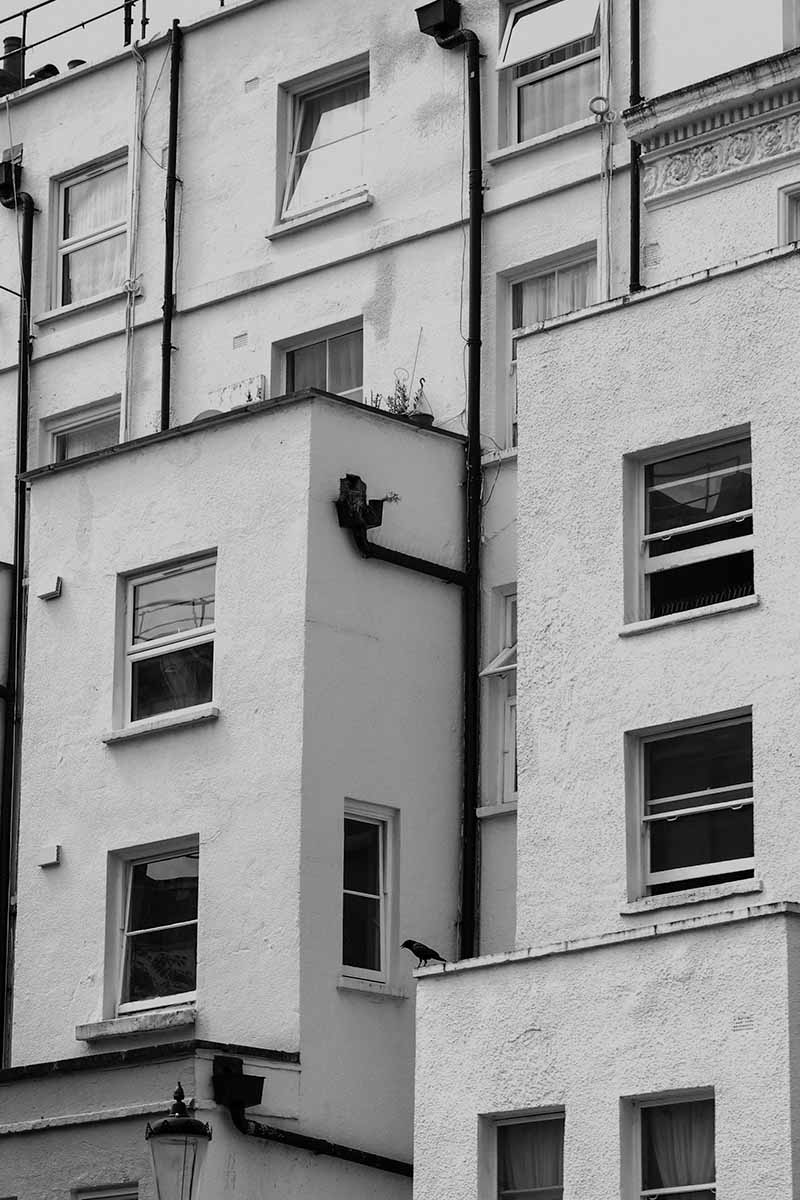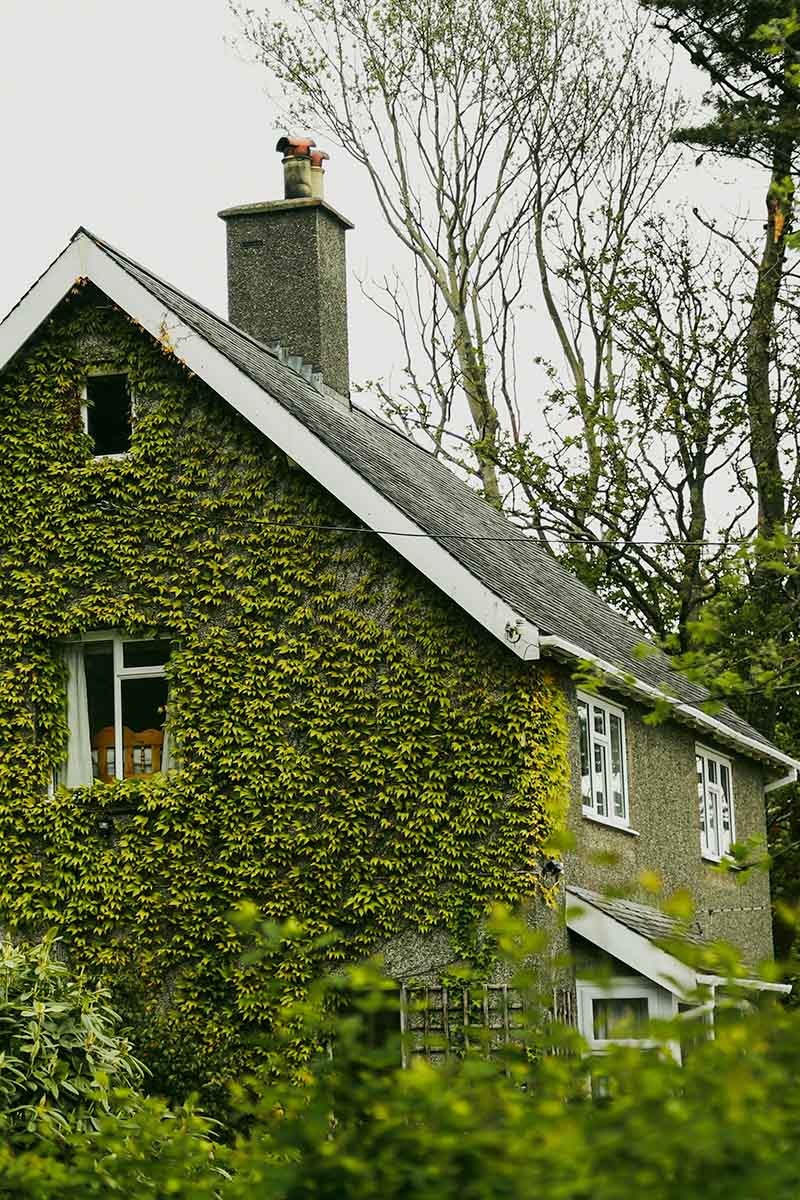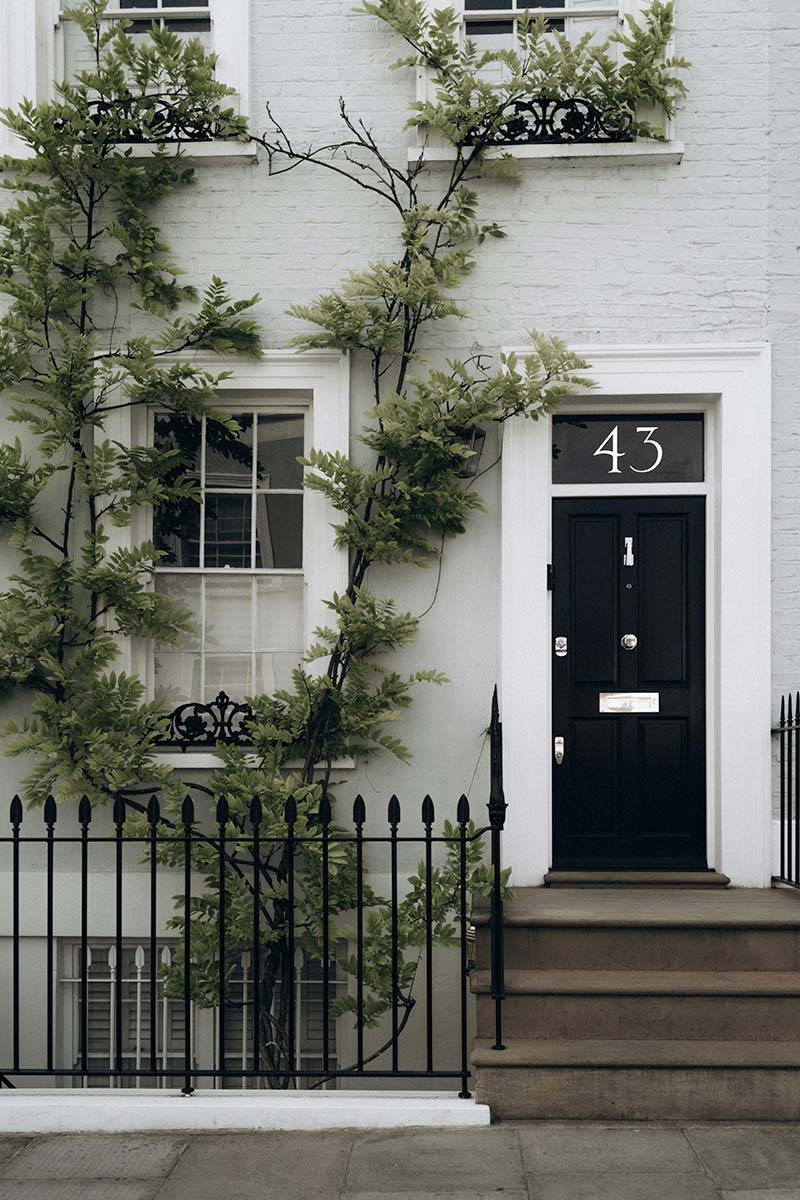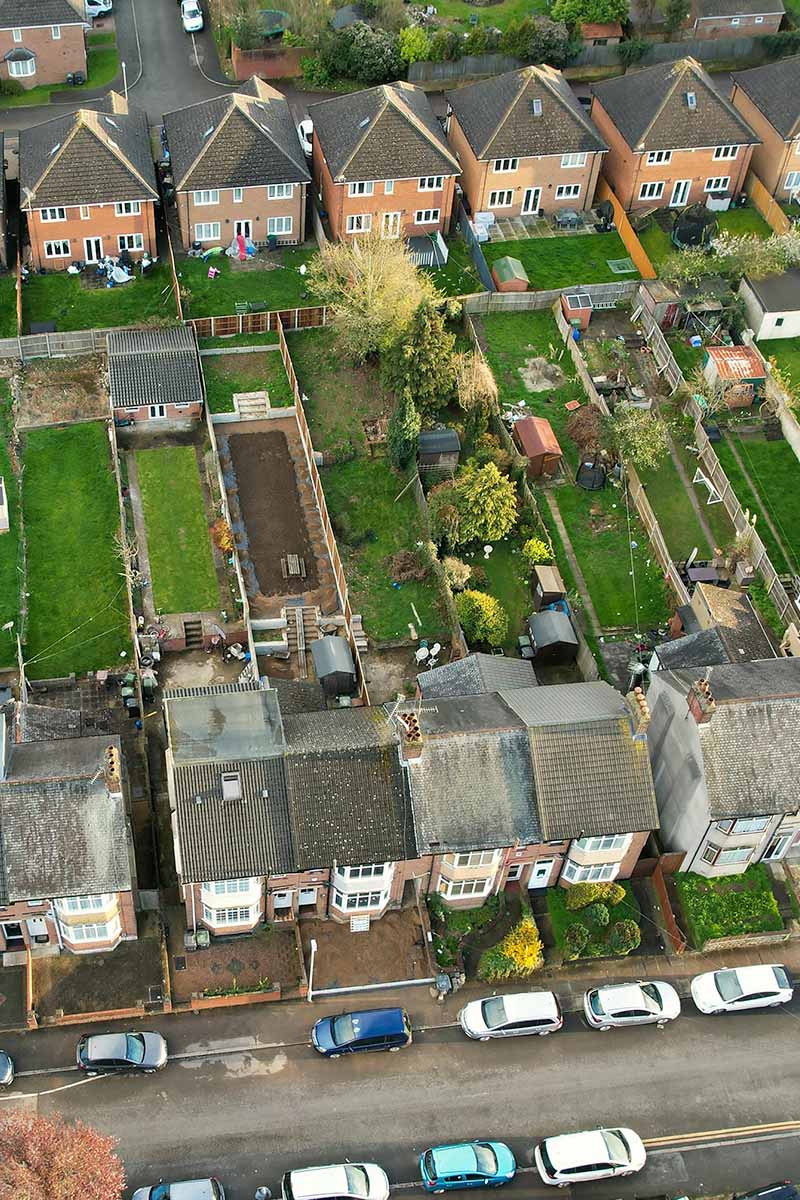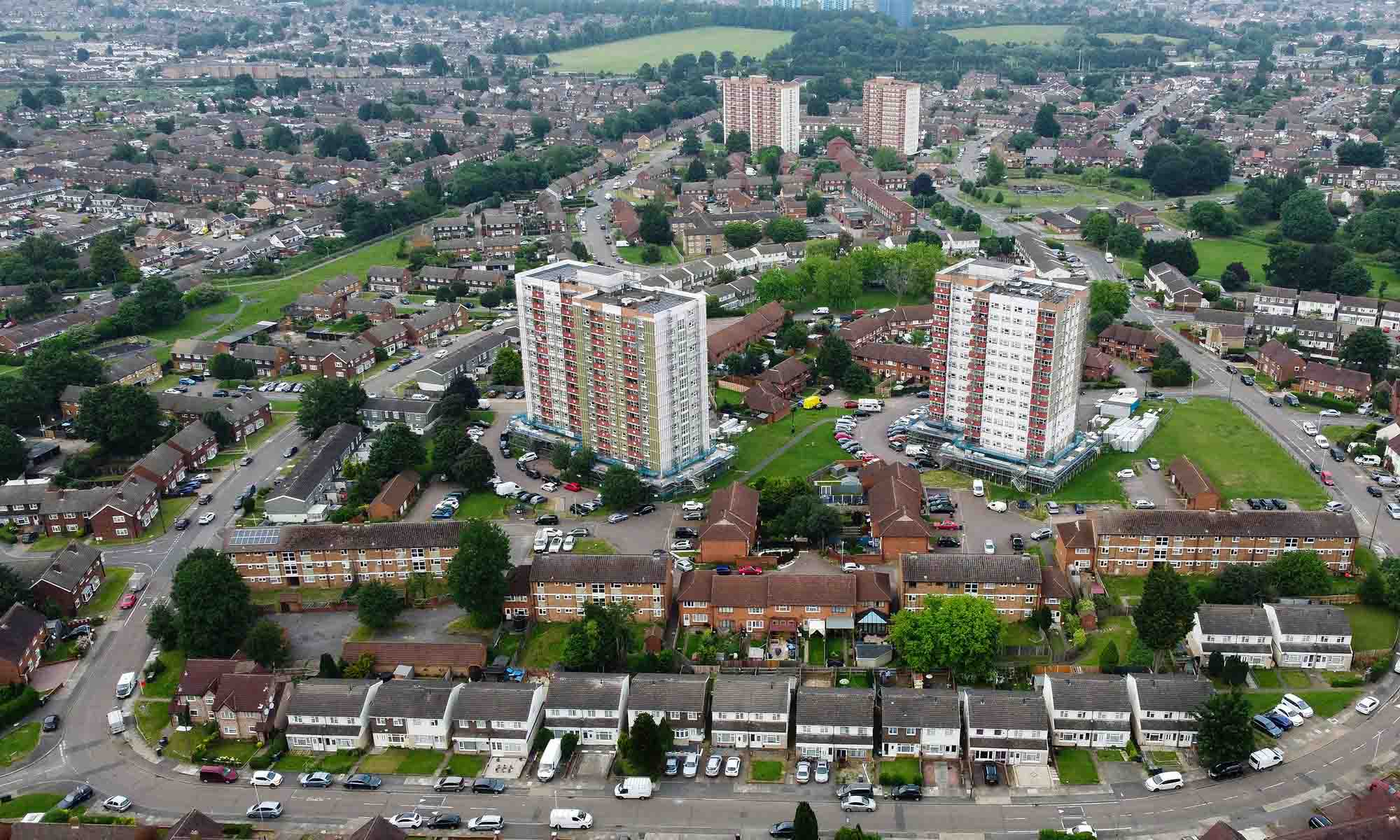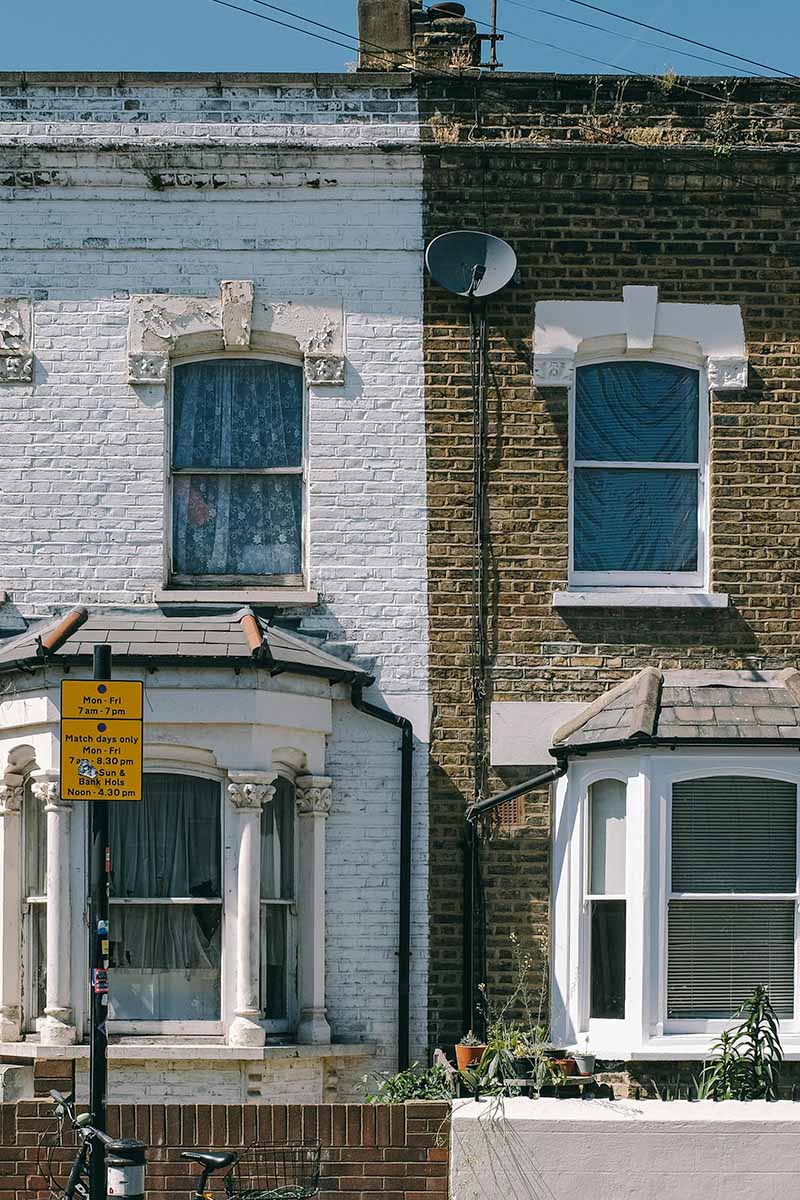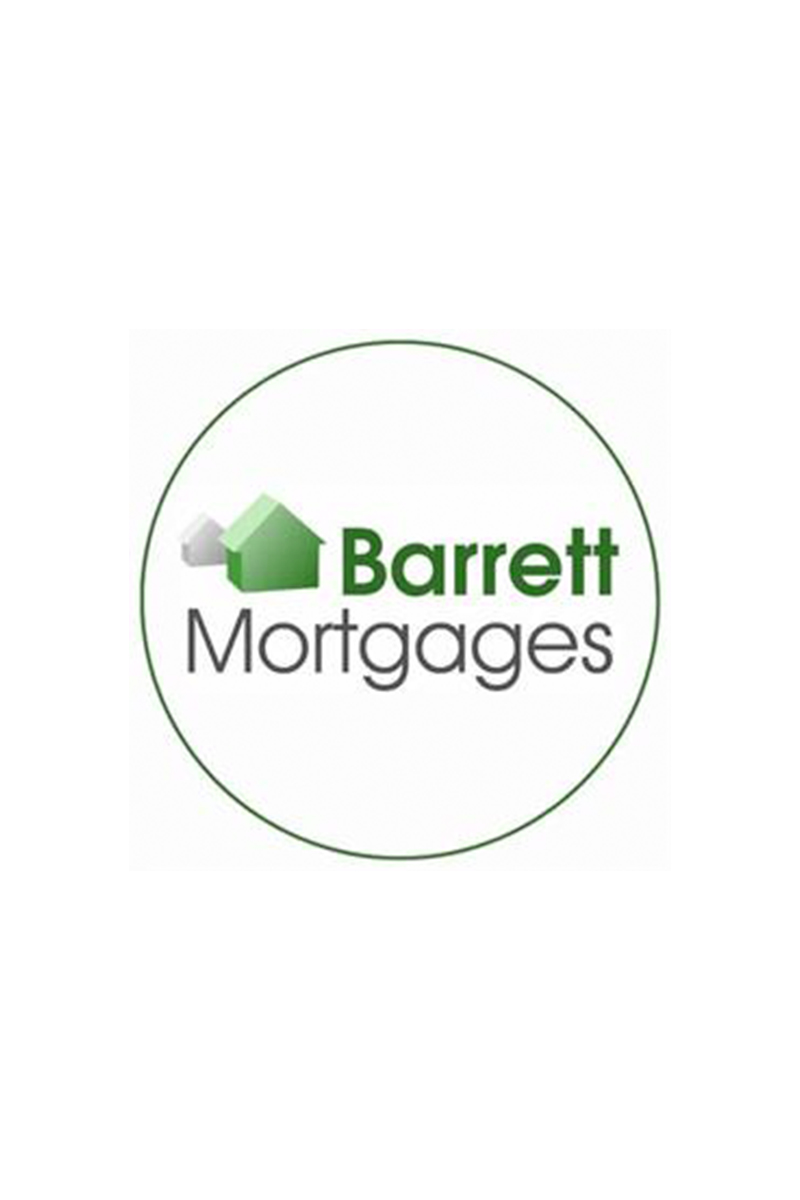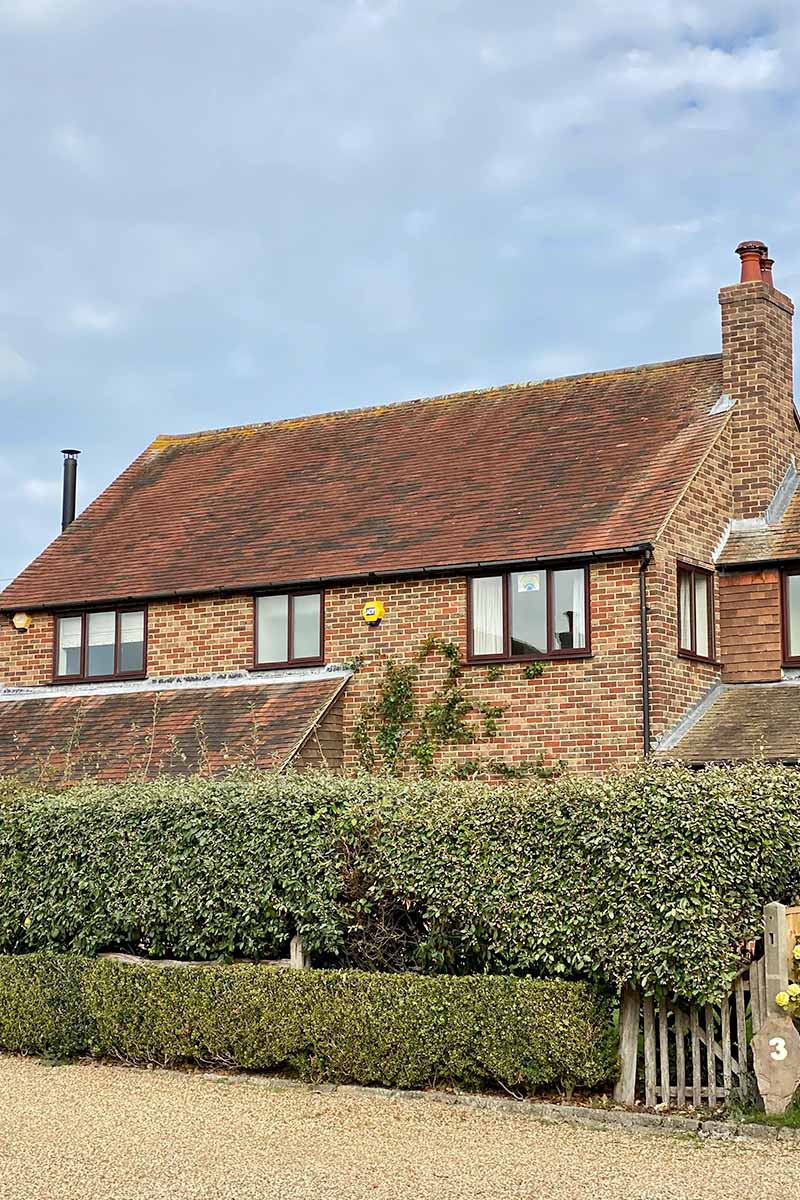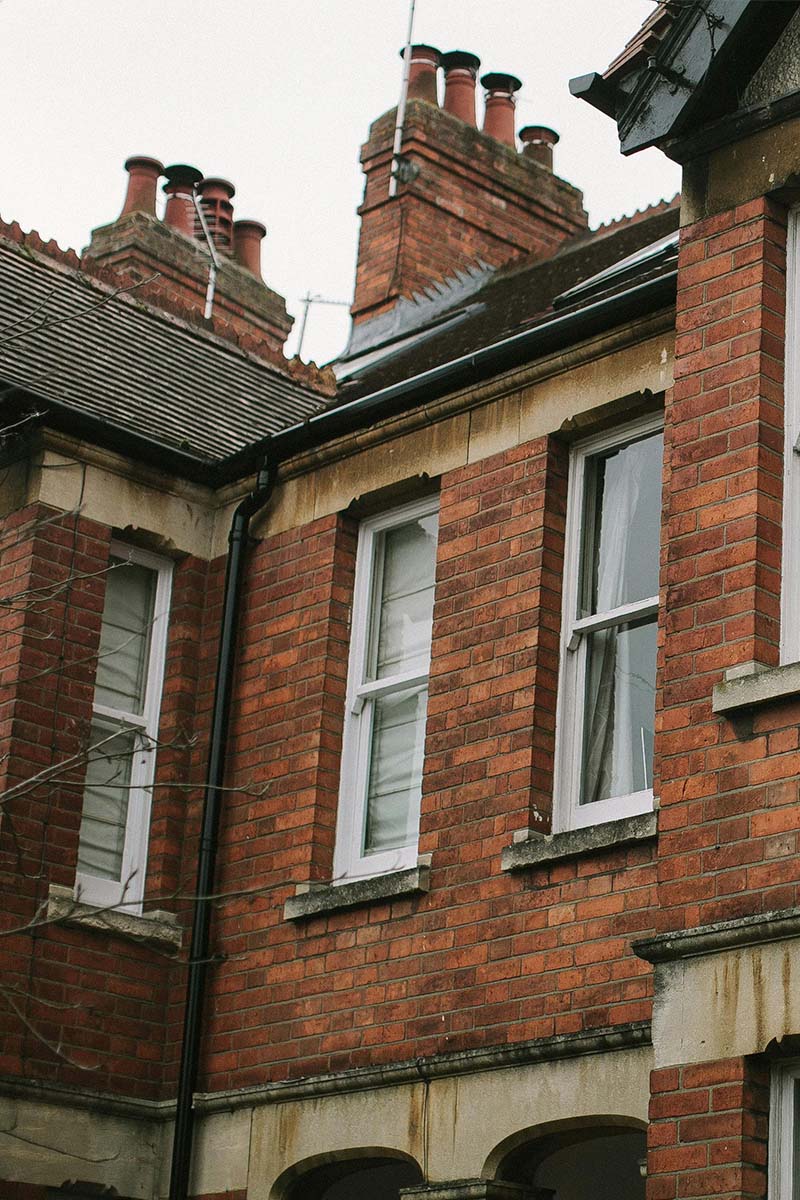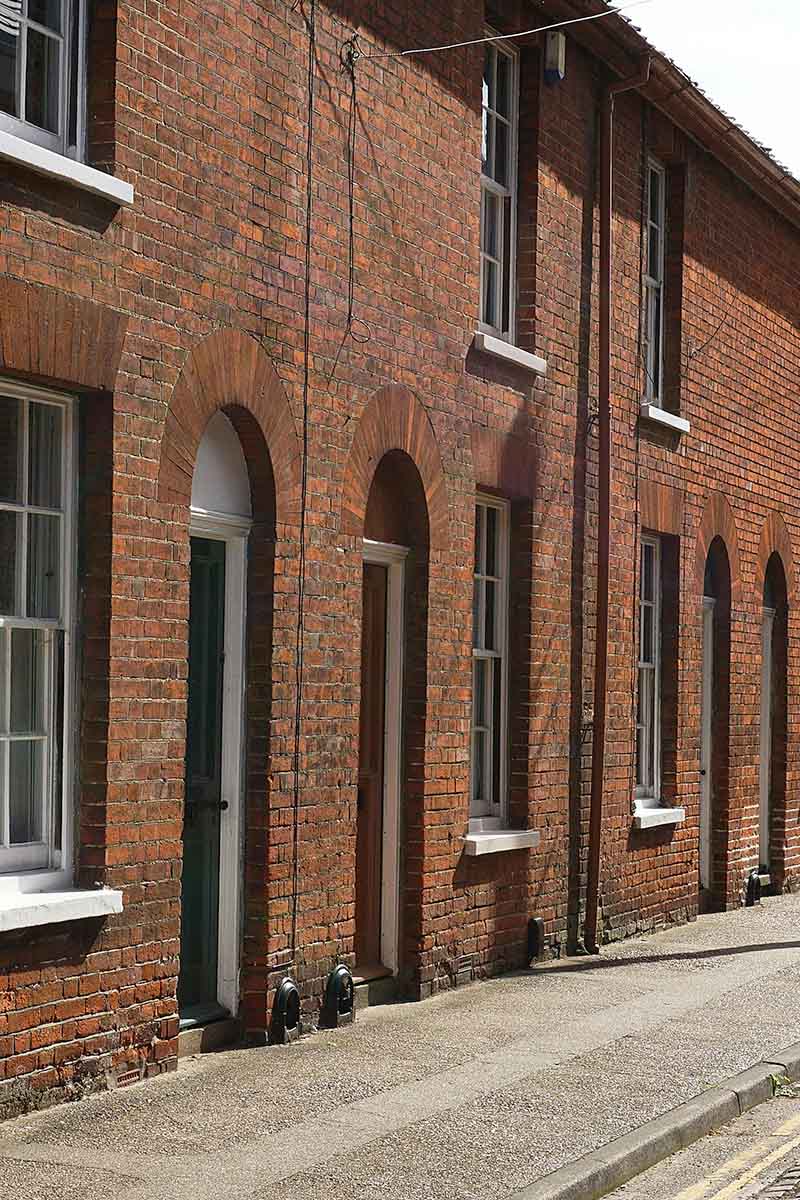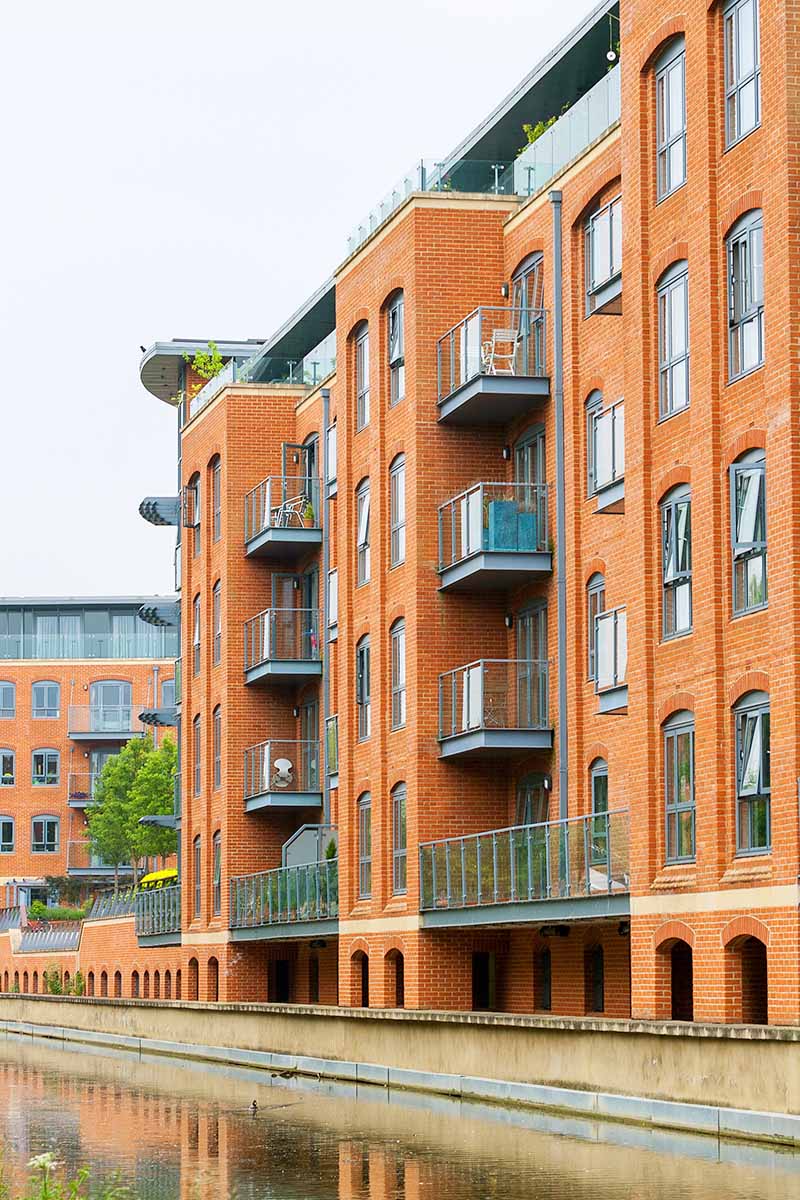What responsibilities do landlords have?
Being a landlord in the UK is not just about collecting rent. It’s a regulated role with wide-ranging legal and practical responsibilities. Landlords must provide safe, habitable accommodation, comply with strict safety rules, handle deposits lawfully, and manage tenancies in line with the law. This guide pulls everything together in one place, with explanations, examples, tables, and practical context, so landlords can clearly see their duties and avoid the risks of non-compliance.
Landlords in the UK must:
- Provide safe, fit-to-live-in accommodation and keep the property in repair.
- Meet core safety duties: annual gas checks, valid electrical checks, smoke and carbon monoxide alarms, and fire safety measures.
- Protect tenant deposits in a government-approved scheme and issue the correct documents.
- Carry out Right to Rent checks in England.
- Give at least 24 hours’ written notice before entering the property (except in emergencies).
- Keep proper records, pay the right tax, and obtain licences where required (such as HMOs).
Failure to comply can result in fines, deposit penalties, rent repayment orders, and restrictions on regaining possession.

Core repair and safety duties
Landlords have a baseline duty to ensure a property is fit for human habitation and free from serious hazards. This comes from the Landlord and Tenant Act 1985 and subsequent housing laws.
Repairs landlords must handle
You cannot charge tenants for essential repairs. As a landlord, you must repair and maintain:
- Structure and exterior: roofs, walls, windows, doors, stairs, bannisters, floors, chimneys, and ventilation.
- Plumbing and sanitation: sinks, baths, toilets, drains, gutters, external pipes.
- Heating and hot water: boilers, radiators, and hot water systems.
- Gas and electricity: fixed wiring, consumer units, meters, flues, and appliances you supply.
- Common areas: staircases, halls, lifts, entry systems in flats or HMOs.
Safety measures you must evidence
- Gas safety: Annual checks by a Gas Safe engineer. Provide certificates before tenants move in and within 28 days of renewal.
- Electrical safety: A valid EICR at least every 5 years, with remedial works completed promptly.
- Smoke and carbon monoxide alarms: Working smoke alarms on every storey and CO alarms in any room with a fuel-burning appliance. Test on the first day of tenancy.
- Fire safety: Safe escape routes, compliant furniture if furnished, and any additional measures appropriate to the building.
- Legionella: A proportionate risk assessment and sensible controls to prevent Legionnaires’ disease.
- Pests and refuse: Address infestations linked to disrepair and provide facilities for safe rubbish storage.
Repairs must be done within a reasonable timeframe — urgent issues (no heating, unsafe electrics, serious leaks, security breaches) should be treated as emergencies.
Tenancy setup and documents
The paperwork issued at the start of a tenancy is just as important as the condition of the property. Missing documents can make it harder to recover possession or increase rent lawfully.
Essential documents landlords must provide
- Deposit protection: Protect the tenant’s deposit in a government-approved scheme within 30 days and serve the prescribed information.
- Tenancy agreement: Clear terms on rent, responsibilities, and restrictions.
- Right to Rent checks (England): Verify and record each adult occupier’s immigration status.
- The pack: The latest How to Rent guide (England), EPC, Gas Safety Certificate, and EICR.
- Inventory and condition schedule: Independent, photo-supported, and signed by both parties to protect against disputes.
Day-to-day management rules
Managing a tenancy comes with ongoing obligations.
- Access: Give tenants at least 24 hours’ written notice and visit at reasonable times. Emergencies are the only exception.
- Repairs process: Provide a clear way for tenants to report problems. Acknowledge reports promptly, act quickly, and confirm completion in writing.
- Tenant privacy: No unannounced visits, harassment, or interference with services.
- Rent changes: In England and Wales, use the proper Section 13 notice for periodic tenancies.
- End of tenancy: Conduct a fair checkout, using the inventory and evidence for any deductions.
Licensing and local rules
Some properties require additional licences:
- HMOs: Mandatory licensing for properties where 5+ people from 2+ households share facilities. Many councils extend licensing to smaller HMOs.
- Selective licensing: Some councils require all rental properties in their area to be licensed.
- Short-lets: Local authorities may cap short-term lets, and restrictions can also apply from leases or mortgage terms.
Money, records, and tax
Landlords must keep good financial records.
- Income tax: Rental profit is taxed as income. Mortgage interest relief is limited to a 20% tax credit.
- Capital Gains Tax: May apply on sale of a rental property, though reliefs can reduce liability.
- Record-keeping: Keep copies of safety certificates, invoices, agent fees, repairs, insurance, and mileage logs.
- Insurance: Specialist landlord insurance is recommended, often required by lenders.
For those considering whether to keep renting or exit the market entirely, a guaranteed route is to sell your house for cash.
What landlords can and cannot charge tenants
Charges to tenants must be lawful and evidence-based.
Allowed
- Damage caused by tenants or guests beyond fair wear and tear.
- Missing items listed on the inventory.
- Reasonable cleaning if the property is left significantly dirtier than at check-in.
- Unpaid rent or tenant-responsible bills.
Not allowed
- Fair wear and tear from normal use.
- Upgrades or improvements (betterment).
- Problems caused by slow landlord repairs.
- Excessive or unfair cleaning fees.
Deposit deductions must be supported with receipts, quotes, or photos.
Enforcement and penalties
Non-compliance carries heavy consequences:
- Civil penalties of up to £30,000 per breach.
- Rent Repayment Orders for unlawful letting or harassment.
- Invalid possession notices if deposits aren’t protected or documents weren’t issued.
- Criminal prosecution for serious safety breaches or unlawful eviction.
Example landlord dilemmas
“The boiler broke on a Friday night.”
Action: Log the report, call an emergency engineer, supply temporary heaters, and confirm timescales. Outcome: Tenant remains safe and you demonstrate prompt action.
“Carpet stains and a cracked hob at checkout.”
Action: Compare with inventory, obtain quotes, and submit evidence to the deposit scheme. Outcome: Fair deductions approved.
“Council says I need a licence.”
Action: Apply immediately and complete any upgrades required. Outcome: Avoid fines and continue collecting rent legally.
“Tenant reports black mould.”
Action: Investigate the cause, fix defects, improve ventilation, and guide tenants. Outcome: Hazard resolved and compliance recorded.
Save time and hassle by selling your home with us
Get a guaranteed cash offer on any property in England and Wales. All you need to do to get started is enter your address below.
The all-in landlord responsibilities table
Tenant responsibilities in brief
Tenants must act in a “tenant-like manner,” which means ventilating rooms, reporting repairs promptly, replacing consumables like lightbulbs, paying rent on time, and allowing reasonable access with notice. They aren’t responsible for fair wear and tear.
Nations at a glance
- England: Must give How to Rent guide and complete Right to Rent checks.
- Wales: Renting Homes (Wales) Act sets fitness standards and requires a written statement.
- Scotland: Private Residential Tenancy model with its own notice and deposit rules.
- Northern Ireland: Different documentation and notice rules via NI Direct.
Compliance checklist
- Confirm whether a licence is required.
- Serve tenancy pack: EPC, How to Rent (England), Gas Safety Certificate, EICR, deposit PI.
- Install and test alarms.
- Complete legionella check.
- Create a professional inventory.
- Set up repair reporting routes.
- Keep a compliance folder with renewal dates.
- Put insurance in place.
- Track rental income and expenses.
Recap: what responsibilities do landlords have?
Landlords must:
- Provide and maintain safe, habitable properties.
- Complete gas, electrical, and fire safety checks.
- Protect deposits and serve the right documents.
- Respect tenant privacy and handle repairs promptly.
- Keep records, licences, and pay tax.
Non-compliance risks severe fines, penalties, and even prosecution. Staying organised and proactive is the key to avoiding issues.
Thinking of stepping back from being a landlord?
If managing responsibilities feels overwhelming, or you want a simpler route out of the rental market, Habello can help. We provide:
- Fair market valuation.
- A final cash offer within 48–72 hours.
- A flexible sale timeline to suit your schedule.
- No legal fees when using our partner solicitor.
- A guaranteed cash sale without delays or chains.
Property owners are choosing Habello for a faster, easier and less stressful way to sell
Sell your home quickly for cash by accepting an offer just below market value. See how we compare to your other options by using the calculator below.
Related guides
Bring yourself up to speed with our property guides.





